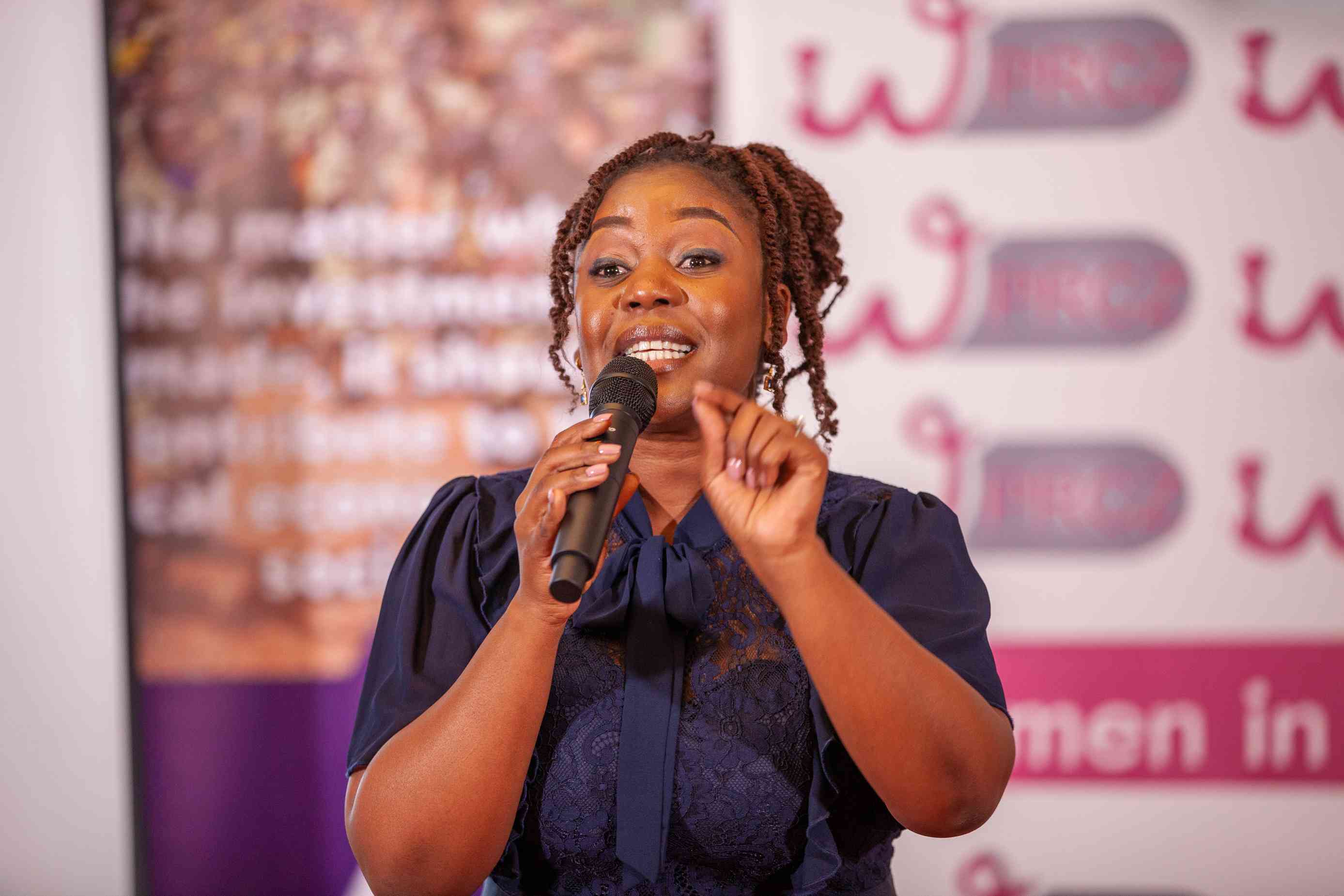
NATIONAL Blood Services Zimbabwe chief executive officer Lucy Marowa says public relations (PR) practitioners must be appointed to corporate boards because they have the skill to tackle issues strategically.
She was speaking at the Women in PR, Communications and Marketing conference and awards held in Harare recently.
“I want to emphasise on this issue, many organisations do not have PR personnel in their boards yet communication is their responsibility,” Marowa said.
“PR people need a seat on the boards. PR personnel are overlooked yet they are the ones who do the dirty job. PR people are the ones fighting the fires and going on television and managing crises.
“You are the ones who do the cleaning up but once you have done that, what we only say is ‘thank you’ and forget about you. How many organisations do you find PR practitioners that do all this dirty work and they are not even at executive level?”
She added: “So imagine, if we are not even looking at PR personnel as important enough to enter the executive level, what more at board level, what more do we need? We know all these scandals can destroy the reputation of organisation?
“I am just here to say PR personnel must make a case for this issue. In the board, PR personnel are there to give strategic insight, to provide inclusion, to provide connections to the correct people”.
Marowa said PR people have greater knowledge on how to approach different stakeholders.
“A PR personnel is sensitive to issues to do with gender, tribe, skin colour and others. This is why we need PR practitioners on the board or executive level,” she said.
Speaking at the same event, Zuva Printers managing director Faith Katsaura said social media has revolutionised the way people live. She said social media has become an essential tool in public relations and communication.
“The world is revolving every day and what worked today may not work tomorrow in navigating the new public relations and communications. Social media has revolutionised the way we live, learn, communicate and work,” Katsaura said.
“Social media has become an essential tool for PR professionals, with over 3,8 billion social media users worldwide, including organisations and public relations professionals.”
She emphasised that every PR personnel ought to have this quality to be taken seriously.
“A tool such as gravitas in communication has become essential in our profession. You either sink or swim. What is gravitas? Gravitas is a tool that sets PR practitioners apart from others,” she said.
“It is the ability to project confidence, authority and credibility in all situations. A PR practitioner with gravitas commands attention and respect and is more likely to be taken seriously by clients, employers, stakeholders, colleges and the media as well.”
Katsaura said gravitas was developed over a period of time through experience, gaining more knowledge and self-awareness.
Visibly HEARD managing partner Kudzai Gochera said organisations should take issues to do with environmental, social and corporate governance (ESGs) and Sustainable Development Goals (SDGs) seriously, adding that for companies to thrive, they should be able to communicate sustainably.
“Many companies need to embrace communication sustainability and they must take seriously the issue of ESGs and SDGs, those are areas that are very important worldwide,” she said.
“Our organisations can only thrive if we are able to get investment and for us to get investment, they need to communicate sustainability effectively.”
Tutsirai Jenje, the co-chief executive officer of Artworks Advertising and a brand building strategist, said organisations need to humanise their brands in a way that gets them connected to their audiences.
“Organisations need to communicate in a way that gets us to be connected to our audiences through human form because that is how we are able to communicate and to humanise our brand,” she said.
Jenje said brand building was not about having a lot of money, but rather it was about working on a certain narrative, being consistent and selling the brand even when no one knows your name.






